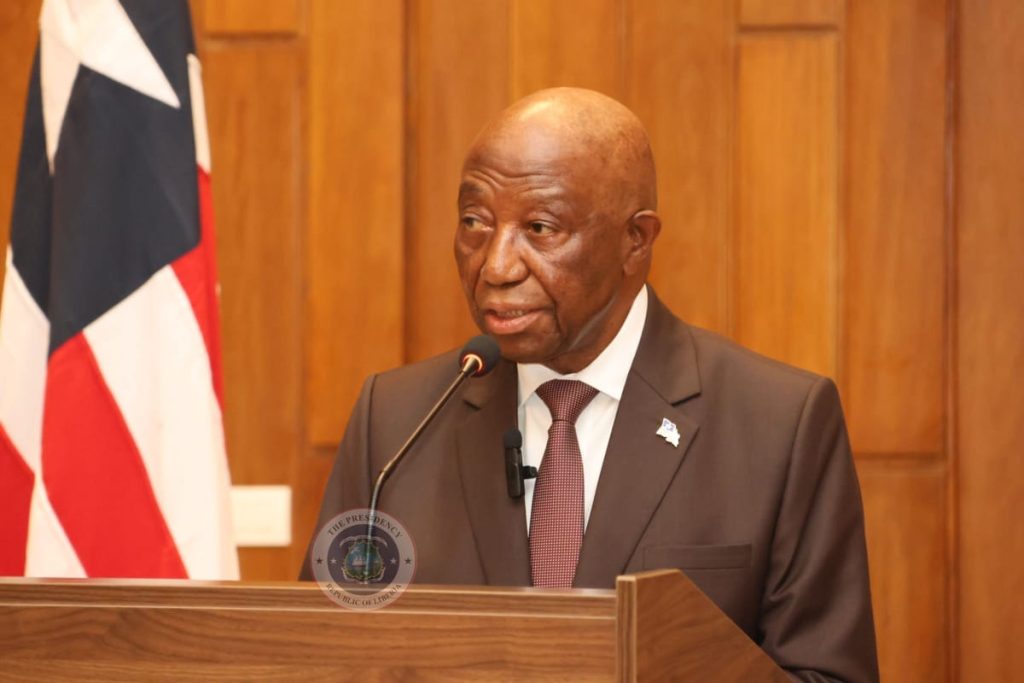
In a historic moment for Liberia, President Joseph Boakai issued a formal apology on Saturday, July 5, 2025, on behalf of the state for atrocities committed during the nation’s two brutal civil wars.
The address, delivered during a reconciliation ceremony in Monrovia, marked a significant milestone in the country’s long and troubled journey toward national healing.
“To every broken family, to every shattered dream, we say: we are sorry,” said Boakai, visibly moved as he addressed a crowd gathered in the capital.
The president acknowledged the government’s historic failures and pledged to ensure the state would no longer neglect its responsibilities to its people.
His remarks came just weeks after he paid tribute to former assassinated presidents William Tolbert and Samuel Doe.
Liberia’s twin civil wars, which raged between 1989 and 2003, left an estimated 250,000 people dead and countless others scarred by violence.
The wars were marked by widespread atrocities: mass killings, systematic rape, torture, the use of child soldiers, and acts of mutilation.
Despite the severity of the crimes, Liberia has never held a domestic tribunal to prosecute those responsible.
Many individuals named in investigative reports, including findings from the Truth and Reconciliation Commission (TRC), still occupy influential political positions.
The lack of accountability has entrenched a culture of silence and impunity, fuelling the pain of victims and survivors.
However, there are signs of movement. In April 2024, Liberia’s Senate unanimously passed a bill that would create a war crimes tribunal.
The breakthrough came in part due to the endorsement of the late Prince Johnson, a former warlord once implicated in some of the conflict’s darkest episodes.
President Boakai, once politically aligned with Johnson, now appears resolute in his mission to deliver justice.
He reaffirmed his support for implementing the TRC’s long-stalled recommendations, issued in 2009 but largely ignored since. The president’s apology is being seen as a turning point—symbolic, yet with the potential to lay the groundwork for real accountability.
In both Monrovia and remote rural towns, citizens have welcomed Boakai’s words but are demanding action. Human rights organisations stress that true reconciliation cannot be achieved without justice.
For many Liberians, this apology must be more than a gesture—it must signal the beginning of a national reckoning with a past long buried but never forgotten.



